The truth is that there is separatist agitation in virtually every area in the country—underlying the fact that the foundation for Nigeria’s nationhood remains on shaky ground.
Pulse brings you a listicle on the 4 widely known groups that call for a divided Nigeria.
1.The Indigenous People of Biafra
![Suspected IPOB members. [Twitter/@Yeribabaa]](https://image.api.sportal365.com/process/smp-images-production/pulse.ng/25072024/c1f86ab8-4053-4cd9-8a19-6fae2d79eeee)
IPOB is a nationalist separatist group in Nigeria that aims to restore the Republic of Biafra, a country which seceded from Nigeria prior to the Nigerian Civil War (1967-1970) and later re-joined Nigeria after its defeat by the Nigerian military. IPOB and its arm wing the Eastern Security Network are populated with Southeastern believers. They are also allied with the Anglophone Cameroonian independence movement.
About Biafra: Biafra was established on 30 May 1967 by Igbo military officer C. Odumegwu Ojukwu. Biafra was a response to series of ethnic tensions and military coups after Nigerian independence in 1960 that culminated in the 1966 massacres of Igbo people and other southeastern ethnic groups living in northern Nigeria.
The Nigerian Civil War our parents talk about: The military of Nigeria proceeded to invade Biafra shortly after its secession, resulting in the start of the Nigerian Civil War (also known as the Nigerian-Biafran War).
How the Nigerian Civil War ended: After two-and-a-half years of war, during which almost two million Biafran civilians (three-quarters of them small children) died from starvation caused by the total blockade of the region by the Nigerian government, Biafran forces under Nigeria's motto of "No-victor, No-vanquished" surrendered to the Nigerian Federal Military Government (FMG).
IPOB Today: Mr Nnamdi Kanu is the current leader of the IPOB. He is a Nigerian- British citizen. The IPOB leader, who was granted bail in April 2017, fled the country after an invasion of his home in Afara-Ukwu, near Umuahia, Abia State, by the Nigerian military in September of that year.
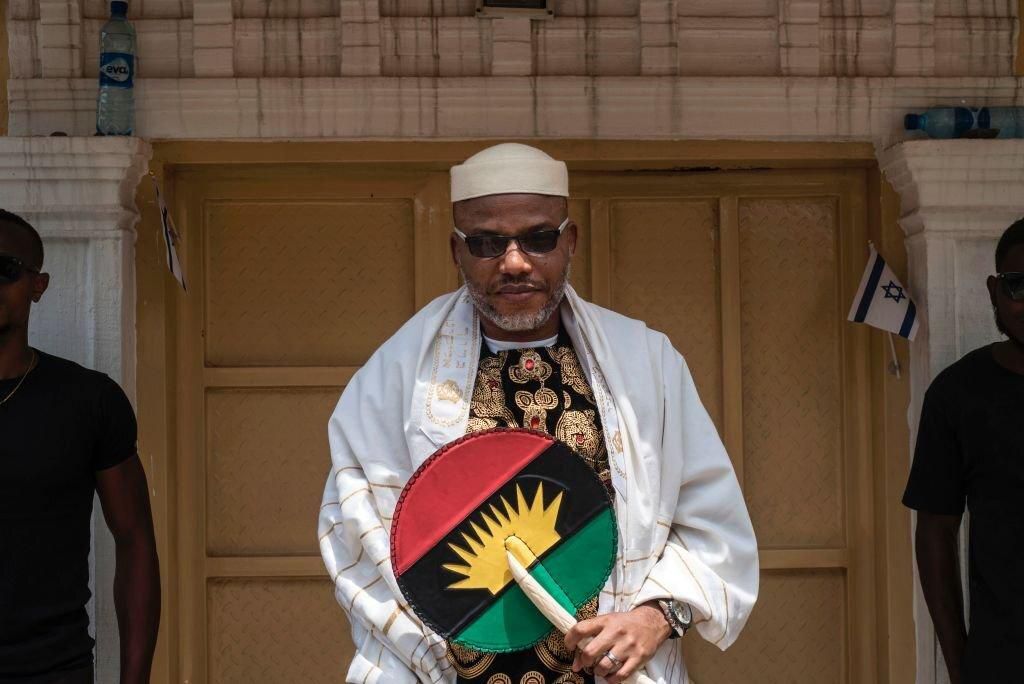
He is currently in the custody of the Department of State Services (DSS), and undergoing trial for act of terrorism against the federal republic of Nigeria, amongst other charges.
2.The Oduduwa Republic
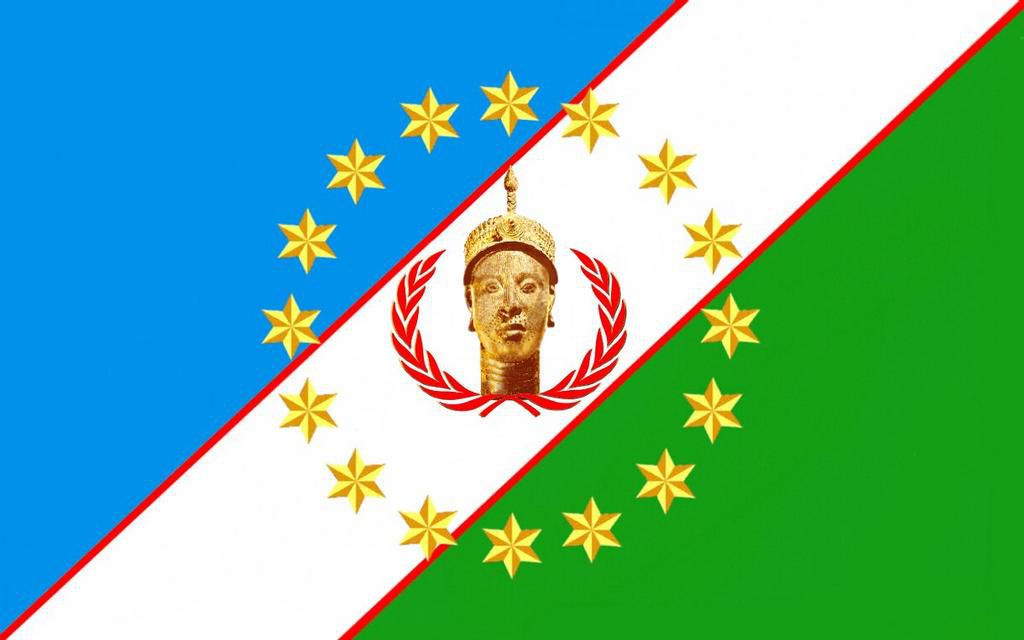
This is basically a Yoruba secessionist movement. echoes of separatism come in different forms for the Western people—from a direct call for Oduduwa Republic to those championing a Sovereign National Conference to decide if the federating units of the country still want to continue to live together, and, if so, under what arrangements.
The issues of oduduwa republic: The heat of Oduduwa Republic never really took off ad local leaders were torn between supporting or not. We all know where there is no unity, strength is divided.
The divided house: The Pan-Yoruba Congress, the Afenifere, Afenifere Renewal Group, Yoruba Koya, Yoruba Council of Elders (YCE), Oodua Peoples Congress (OPC) and so on, met at Mapo Hall and advocated unity among the Yoruba race in order to overcome the insecurity threatening the corporate existence of Nigeria. They also proffered solutions to the trade imbalance between the North and the South West. But they still believe in corporate existence of the nation.
Meanwhile an erudite historian, Prof Banji Akintoye, the Chairman of NINAS and Ilana Omo Oouda, led another meeting at Bodija.
Akintoye was supported by Secretary of the group, Tony Nnaji. The Bodija meeting was also attended by the Yoruba activist, Chief Sunday Adeyemi, fondly called Sunday Igboho, who also threw his weight behind self-determination for Oduduwa Republic, and would go on to be recognised as the leader of the separatist group.
The result of the meeting: The coalition group known as Yoruba Liberation Command (YOLICOM) made this announcement on July 27, 2017, the World Press Conference day held at the International Press Centre Ogba, Lagos state. Mr Opeoluwa Akinola, the spokesperson of the coalition, said Nigeria is slowing down the progress of the Yorubas, by killing and maiming the citizenry for selfish interests.
The icing on the cake for Oduduwa Republic was Sunday Igboho's arrest: Three weeks after he was declared wanted by Nigeria’s secret police, Sunday Igboho was arrested in neighbouring Cotonou, Benin Republic, while trying to travel to Germany.
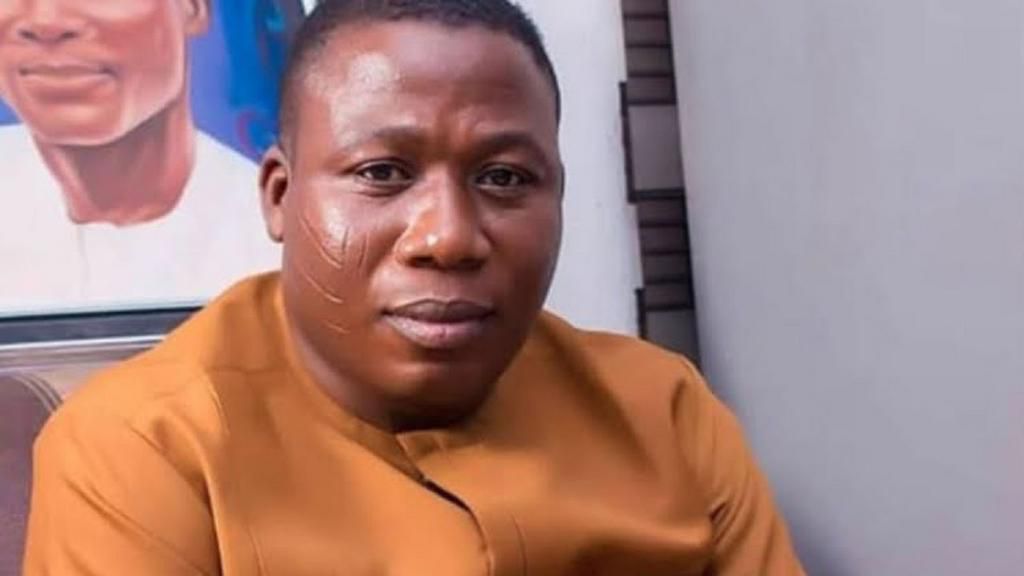
It was learnt that under the agreements between Nigeria and Benin Republic, Mr Igboho’s extradition was concluded without hindrance.
Benin Republic had charged the activist to court for illegal migration to the country with his wife, dubious connivance with immigration officials and attempt to cause civil unrest in the country, while the Federal Government had also charged him for trafficking and possession of unlicensed arms and ammunition in Nigeria.
He was held in detention, but recently released on health grounds.
3.The Arewa Republic
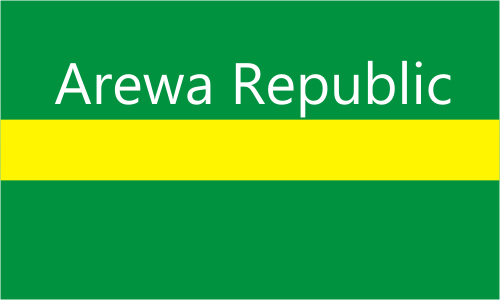
Not much has been pushed out about this group, but that they are a more progressive muslim group in the North of the country.
However, ex-presidential aspirant, Adamu Garba, has been a loud voice in the debate that the north would be successful on its own.
According to Garba, the north is the single largest supplier of raw materials in all Nigerian industries, from food through agriculture and cloths to shelter through cements and other building materials available in the northern rocks, including iron ores and ceramics.
He added that the north has gold, diamond, tin, copper, gypsum, coal, magnesium, etc, and even uranium all over the area.
According to him, other regions in Nigeria will suffer if the north breaks away from the country.
4.The Niger Delta Republic
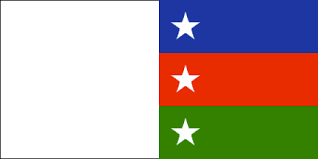
This group is supported by the Niger Delta Liberation Front and the Movement for the Emancipation of the Niger Delta, leading to the 2016 Niger Delta conflict.
6 years ago, a group of Ijaw militants vowed to declare the independent Republic of Niger Delta.
But without mincing words, the Nigerian military warned that the declaration by the little known warlords would be met with the strongest resistance, adding that it would not allow anybody to hold the country to ransom.
Leader of The Niger Delta Republic: The frontliner of this agitation was late Major Isaac Adaka Boro, fondly called "Boro". At a young age he left university to lead a protest against the exploitation of oil and gas resources in the Niger Delta areas which benefited mainly the federal government of Nigeria and Eastern region with capital in Enugu and nothing was given to the Niger Delta people. He believed that the people of the area deserved a larger share of proceeds of the oil wealth.
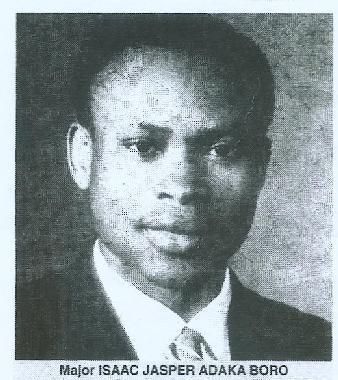
When Niger Delta Republic was declared: On February 23, 1966 he launched the first secession in Nigeria's history, the declaration of the "Niger Delta Republic", Just 6 years after Nigeria gained independence; and a year before Ojukwu declared Biafra.
"Today is a great day, not only in your lives but also in the history of the Niger Delta. Perhaps, it will be the greatest day for a very long time. This is not because we are going to bring the heavens down, but because we are going to demonstrate to the world what and how we feel about oppression. Remember your 70-year-old grandmother who still farms before she eats; remember also your poverty-stricken people; remember, too, your petroleum which is being pumped out daily from your veins; and then fight for your freedom."
Boro's death: At the age of 29, Boro died fighting the Nigerian Civil War, near Okirika, in 1968. Many theories have been spread on his death but a popular one was that the Igbos found him a threat to the Biafra dream, as he pledged allegiance to Nigeria to fight against Biafra.

)
![Aisha blows hot on Security forces; Y7ou won't believe what she said [VIDEO]](https://image.api.sportal365.com/process/smp-images-production/pulse.ng/17082024/1f976edf-1ee2-4644-8ba1-7b52359e1a8f?operations=autocrop(640:427))
)
)
)
![Lagos state Governor, Babajide Sanwo-Olu visited the Infectious Disease Hospital in Yaba where the Coronavirus index patient is being managed. [Twitter/@jidesanwoolu]](https://image.api.sportal365.com/process/smp-images-production/pulse.ng/16082024/377b73a6-190e-4c77-b687-ca4cb1ee7489?operations=autocrop(236:157))
)
)
)
)
)
)
)
)
)
)